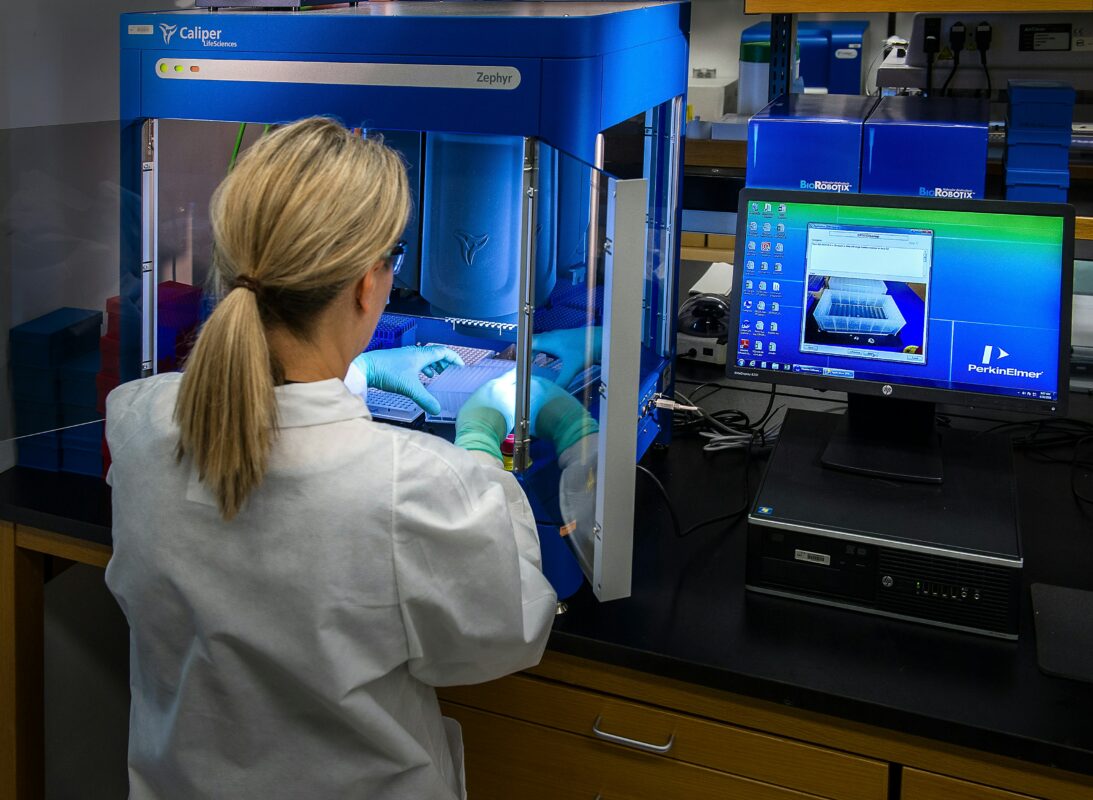The healthcare industry is a vital part of our society, providing essential services to millions of people every day. Within this field, healthcare assistants and technicians play crucial roles in supporting the functioning of hospitals, clinics, and other medical facilities. However, there’s a noticeable gender disparity within these positions that reflects broader trends in the healthcare workforce.
Gender Disparity in Healthcare Assistants
Healthcare assistants (HCAs) are often the backbone of patient care, responsible for a range of tasks from personal care to clinical support. Historically, this role has been dominated by women, a trend that continues today. According to data from various healthcare systems around the world, women make up approximately 80-90% of the workforce in this category. This significant gender imbalance can be attributed to several factors:
- Historical Gender Roles: Traditionally, caregiving roles have been seen as a natural extension of women’s societal roles. This cultural perception has persisted, influencing career choices.
- Educational Pathways: Many healthcare assistant positions require qualifications that women more frequently pursue, such as nursing diplomas and certifications from vocational schools.
- Work Environment: The empathetic and nurturing skills often associated with women align well with the demands of the healthcare assistant role.
Gender Disparity in Healthcare
Technicians Healthcare technicians, on the other hand, encompass a broader range of specialized positions, including lab technicians, radiologic technologists, and surgical technologists. The gender ratio in these roles is more balanced, but still skews towards women, though not as dramatically as in healthcare assistant positions.
Several studies indicate that women make up about 60-70% of healthcare technicians. This disparity can be explained by:
- Specialization and Training: Healthcare technician roles often require specific technical training and certification, fields in which women have increasingly shown interest.
- Work-Life Balance: Healthcare technician positions can offer more predictable hours and better work-life balance compared to more demanding roles like physicians or surgeons, making them attractive to women who may be balancing family responsibilities.
- Career Opportunities: There has been a concerted effort in recent years to encourage women to pursue careers in STEM fields, including medical technology, which has helped close the gender gap.
Challenges and Implications
The gender disparity in these roles brings several challenges and implications:
- Workplace Dynamics: Predominantly female work environments can influence the workplace culture, which may be more collaborative but also may reinforce gender stereotypes.
- Career Advancement: Women in these roles may face barriers to advancing into higher-level positions that are more balanced or even male-dominated, such as senior technical roles or administrative positions.
- Wage Disparity: Even within these female-dominated fields, wage disparities between men and women can persist, reflecting broader systemic issues.
Moving Forward
Addressing the gender disparity in healthcare assistant and technician positions requires a multifaceted approach. Encouraging men to pursue careers in healthcare through targeted recruitment and breaking down gender stereotypes can help balance the ratio. Additionally, providing career advancement opportunities and addressing wage disparities are crucial steps to ensure equity in the healthcare workforce.
If you are considering a career in healthcare, whether as an assistant, technician, or in another role, it’s important to explore all your educational options. Pursuing a degree or certification can be a significant investment in your future. For those seeking alternative pathways to traditional college education, Alternativestocollege.com is a great resource to start. They offer comprehensive information on various programs and training opportunities that can set you on the path to a rewarding career in healthcare.

